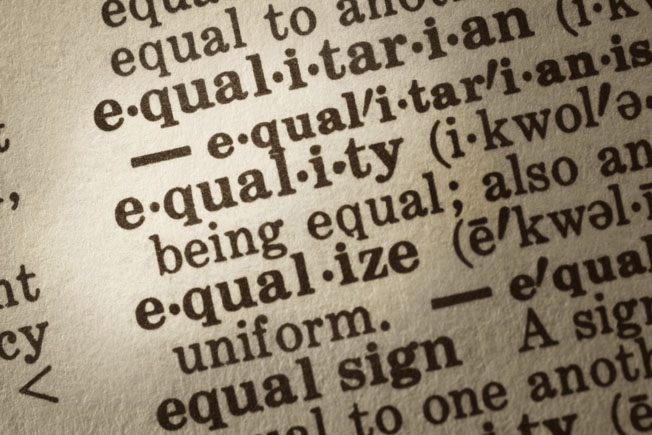
As Black History Month 2012?which carries the theme: ?Black Women in American Culture & History? ?comes to a close, it?s a good time to reflect on the profound influence so many African-American women have had on our country. Among the legends who have inspired so many are poets like Gwendolyn Brooks and Maya Angelou, actresses such as Hattie McDaniel, Dorothy Dandridge and Halle Barry, playwrights and writers like Lorraine Hansberry and Toni Morrison, world-class athletes like Althea Gibson and Wilma Randolph, pioneers like astronaut Mae Jemison and Surgeon General M. Jocelyn Elders, and soul-stirring singers like Etta James, Aretha Franklin and the gone-too-soon Whitney Houston.
Their words, their music, their achievements have moved millions, including me, generating headlines and adoration and awards along the way. Not so recognized are the millions of African-American women who have made their own mark in a world where there have been too many barriers for too long, too often built to hold back people of different races, religions, genders, cultures and sexual orientations.
The older I get, the less patience I have when it comes to tearing down those barriers. Creating a diverse and inclusive world is not something that should be debated but embraced. Our industry has made great strides, but it is taking too long to achieve unfettered inclusion.
Like the women already mentioned, Rosa Parks will always be a superstar in my eyes. She started a revolution when she refused to stand so a white person could sit on a Montgomery, AL bus on December 1, 1955. Her nonviolent stance led to her arrest, but ultimately to greater freedom for the masses.
Rosa?s act of civil disobedience and the resulting legislation that turned the country toward a more righteous course was a massive testament to the power of what I refer to as ?dignified intolerance.?
Rosa Parks had simply had enough. Anyone who has ever felt the sting of discrimination knows what she must have felt. While much progress has been made in the 56 years since that fateful bus ride, staggeringly?even as the U.S. Census Bureau repeatedly shows minorities will be this country?s majority by 2030?the world remains awash in discrimination. It is about time we graciously refuse to give in to the demands of the shrinking majority and press the fight for inclusion of all people, no matter their race, religion, gender, physical or mental abilities or sexual orientation.
We must more aggressively challenge inequities in our industries and the communities in which we live. We must also be more demanding when it comes to challenging one another so that we can effect real change in our lifetimes
I believe that if we join up the individual efforts of each diversity group, we can be stronger, louder and more effective in transforming any momentum into a movement.
I recently proclaimed at Draftfcb that by 2014 we will be an organization that no longer uses the term ?diversity and inclusion.? We are working tirelessly, from the C-suite to the intern ranks, to foster an atmosphere of inclusion, where everyone is empowered to reach great heights.
As an industry, we all need to embrace diversity and make sure inclusion becomes our rallying cry. A new generation is already recognizing that the ?new mass? rejects outdated stereotypes regarding color, gender and sexual orientation. They are cross-cultural and cross-behavioral. Our industry needs to follow suit. It?s not just the right thing to do; it will also boost our bottom line. Companies that don?t mirror the dramatic shifts in our population simply will not survive.
To my fellow CEOs and C-suite executives, change starts with us. We must work together to start a joint uprising that will not tolerate discrimination and exclusion. We must lead by example and mentor our future leaders, instilling in them the knowledge that they should pursue paths they might have thought closed to them. We must tirelessly practice what we preach and prove to the marketplace that we are current, relevant and represent the diverse constituents in the New America we are trying to influence.
That is my stake in the ground. Please add your stakes to mine. Let?s get this movement rolling. It would be an achievement that might just prove to matter most.



